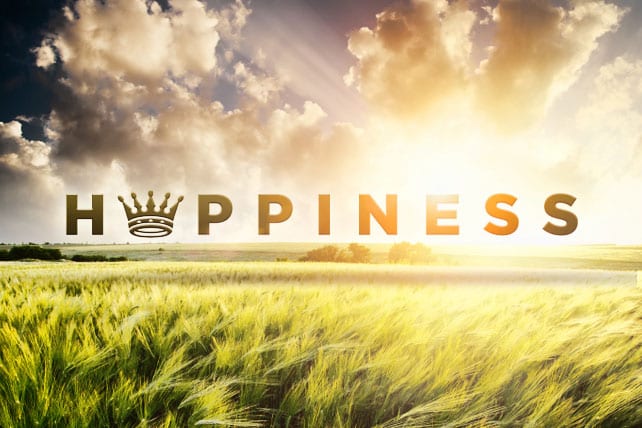“Happy are your men!” It was the high point of her praise for the king, at the very height of his kingdom.
This was the moment when the stars all aligned, and the nation shone with her greatest earthly splendor. It had been an arduous and lengthy ascent to such glory. And, as we now know on the other side, it would only be down from here.
The Queen of Sheba had heard that King Solomon had a kingdom to behold, that he was a wise and extraordinary ruler. She had to see it—and see him—for herself. She journeyed to the land of Israel with her great retinue, and after touring his realm, she was so impressed that she was out of breath (1 Kings 10:5).
Once she had gathered herself and regained enough wind to speak, praise spilled out:
The report was true that I heard in my own land of your words and of your wisdom, but I did not believe the reports until I came and my own eyes had seen it. And behold, the half was not told me. Your wisdom and prosperity surpass the report that I heard.
Happy are your men! Happy are your servants, who continually stand before you and hear your wisdom! (1 Kings 10:6–8)
She could have praised his buildings, his palace, the efficiency and order of his kingdom, and its prosperity, and not have gone this far: “Happy are your men!” Many despots, from Herod to Hitler to Saddam Hussein, could impress their guests with bells, whistles and entertainment beyond imagining. But happy people? No heavy-handed monarch can coerce that.
Limitless finances and force can build an impressive kingdom, but they cannot make the people happy, not for long. The highest praise for a king is the happiness of his subjects.
We know it’s true from everyday life. The happiness of a wife is the glory of her husband. The flourishing of a child is an honor to his parents. The collective joy of a local church is a tribute to her elders (Hebrews 13:17).
The height of a leader’s glory is the happiness of those in his care.
Joy Deeper Than Sorrow
Don’t mistake “happy” for light and thin, as if “happiness” is something merely external and circumstantial, while “joy” is deep and enduring. There is no biblical distinction between happiness and joy. The Bible is lavish in its pleasure-language. The queen just as well could have declared, “Joyful are your people!” Or, “Satisfied are your subjects!”
“The height of a leader’s glory is the happiness of those in his care.” Tweet
The queen’s praise is genuine; Solomon’s subjects are truly, deeply, impressively happy under his wise and gracious rule. That doesn’t mean they are only happy. There is space for dynamism in this delight. Genuine happiness has room for sorrow—for the ups and downs of life in a fallen world, even in a safe and secure kingdom.












